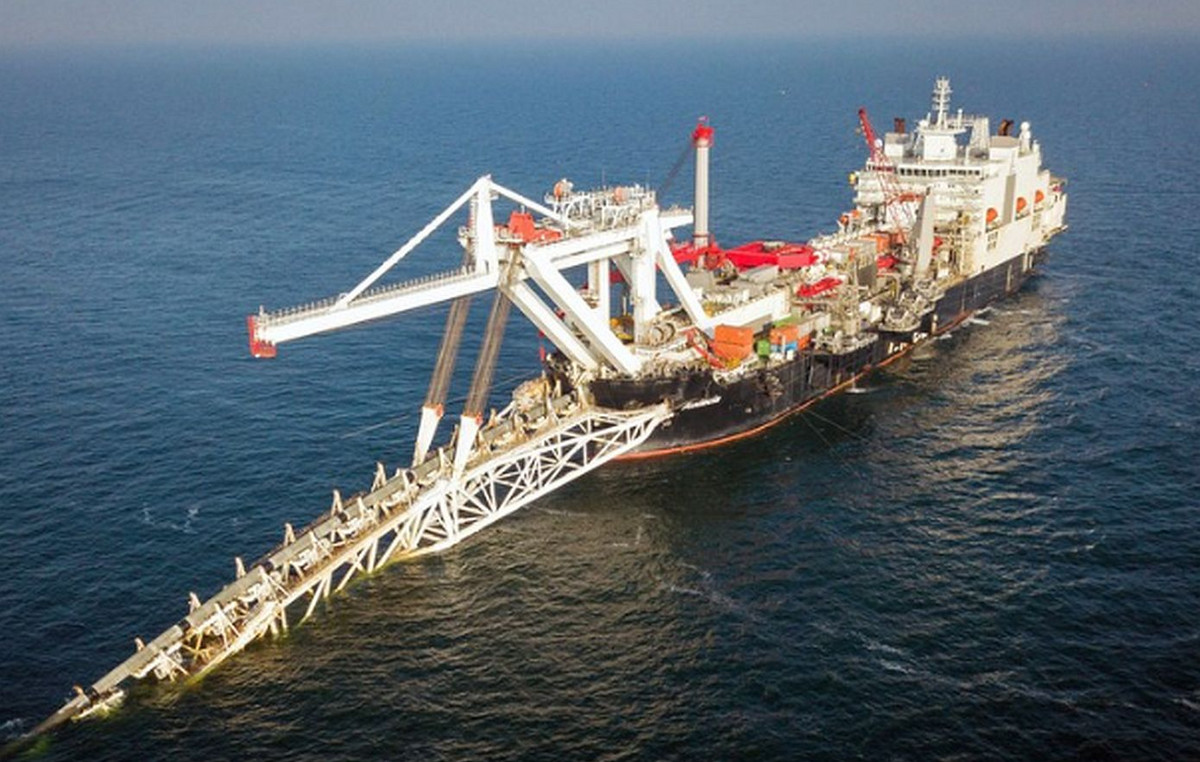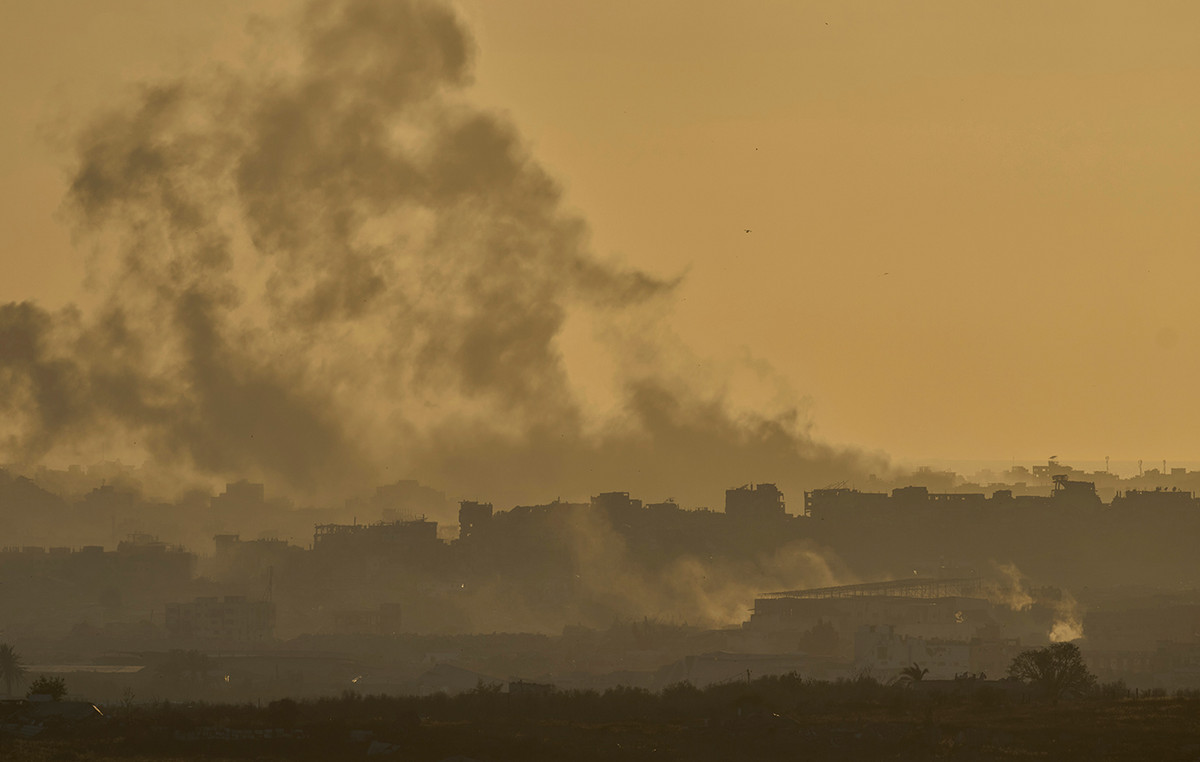By Harry Floudopoulos
The measures proposed by the Commission on the Energy Crisis next week have two objectives: first to identify the short-term interventions that Member States can make in both the gas and electricity sectors to address the impact of persistent high energy prices for consumers and businesses or to address possible shortages in gas supply. And secondly, to identify alternatives for optimizing the functioning of European electricity markets so that they are more resilient to price volatility and are suitable for the future coal-fired energy system, with an increased share of RES in electricity generation.
According to a leaked article on the Commission’s forthcoming intervention, electricity and gas prices reached record highs in 2021 and reached historic highs after the invasion of Ukraine in the first weeks of March 2022. Gas prices are historically moving under 30 euros per megawatt hour were recently found at 100 euros per megawatt hour while occasionally exceeding 200 euros per megawatt hour. Consequently, the prices of electricity in the wholesale sector increased during the same period, due to the power plants that use natural gas. For example, prices in Germany, which have historically been below 75 euros per megawatt hour, are now around 235 euros per megawatt hour, while occasionally reaching 400 euros per megawatt hour.
Interventions
So what are the interventions that the Commission will propose? According to the same text of the leak, which may be partially differentiated until the final announcements next week, high gas prices due to increased demand after the Quint crisis and the uncertainty created by the Russian invasion of Ukraine are the main cause for the current crisis.
Given the importance of gas for electricity generation, finding ways to curb high gas prices will help tackle the crisis in electricity markets as well.
In this context, the Commission and the Member States have set up the European energy platform Eu Energy Platform, which aims to ensure energy supply at fair prices and reduce – even eliminate – the EU’s dependence on Russian gas. The platform will use aggregate gas demand in the EU in order to attract reliable supplies from world markets and reduce the impact of prices. It will also be crucial to ensure an adequate level of gas storage.
Member States will also be able to apply regulated prices to gas retail for a limited period of time. This would be particularly important at a time when gas plays a critical role from heating to industry. The quantities that will be covered by the regulated prices should be limited in order to avoid the possibility of an increase in gas consumption, a development quite possible.
Another measure concerns emergency liquidity support measures to alleviate traders who are currently facing high prices as a result of significant market volatility. If these support measures involve state aid, they should be implemented in full compliance with the relevant legal provisions and should not undermine sanctions against Russia.
Finally, with regard to European Gas Exchanges (TTFs) which have been fluctuating extremely rapidly even overnight, in order to address possible price distortions due to possible manipulation, one option could be revision of the limits applicable for a limited period of time.
Interruption of Russian supplies
In the face of a complete shutdown of Russian gas supplies, the Commission has specific tools to deal with the “supply shock” such as the national emergency security plans developed under the regional security regulation, which are reinforced by the regional cooperation in security of supply and regular exchanges between Member States. There is also a mechanism for solidarity agreements, which are part of the Commission’s famous toolkit. Additional measures are considered to be necessary in the event of an emergency. In practice, there may be a redistribution of gas volumes between Member States with a reduction in the least affected Member States to the benefit of those most affected. In such a case, the Commission considers that there may be a need for an administratively determined gas price. It essentially refers to a ceiling (EU price cap), a maximum regulated price on gas intended for consumption by European consumers and businesses.
Purchase of electricity
With regard to the electricity market, the Commission is expected to propose, according to the leak text, four key measures:
– First of all, in line with the recent measures proposed by the Commission, it is proposed as an option the taxation or regulatory measures of the additional revenues generated by certain base load generators due to the current crisis. Revenue can fund targeted interim measures to support vulnerable households and businesses.
-Second, extension of regulated prices in retail electricity for small and medium enterprises. The extension of the measure should be accompanied by a restriction on consumption so as not to lead to an increase in consumption
Thirdly, subsidizing certain electricity generation technologies (for example by introducing a reference price for gas units) with the aim of reducing prices in the electricity market. Member States deciding to introduce such measures should also consult with neighboring countries, stakeholders in order to avoid punishing market participants who have secured their energy through forward contracts. Fuel subsidy measures will must be accompanied by measures to reduce electricity demand.
-Finally, the increase of cross-border trade between the different tariff zones due to the differentiation of prices between them, can lead to the increase of congestion revenues. The Commission proposes that this revenue be used to provide emergency funding for relief measures for consumers and businesses.
Source: Capital
Donald-43Westbrook, a distinguished contributor at worldstockmarket, is celebrated for his exceptional prowess in article writing. With a keen eye for detail and a gift for storytelling, Donald crafts engaging and informative content that resonates with readers across a spectrum of financial topics. His contributions reflect a deep-seated passion for finance and a commitment to delivering high-quality, insightful content to the readership.





